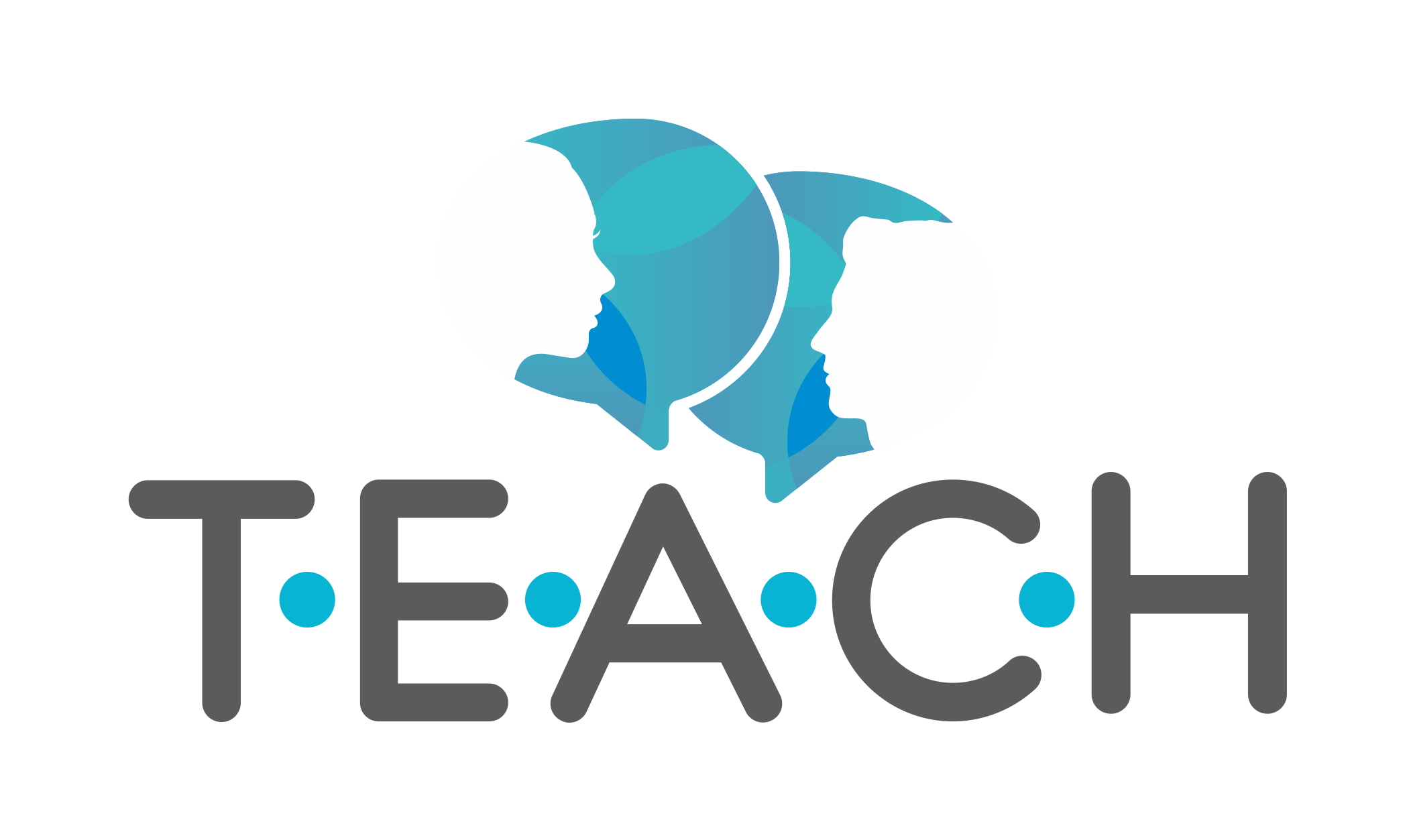
The aim of this unit is to introduce you to the so-called basic level of digital tool use, where you can convert activities previously done in analogue to digital. By using these tools, you can make your online and face-to-face lessons more playful, relieving performance anxiety and increasing motivation.

Collaborative platforms have many advantages. They facilitate the processing and storage of knowledge content, help develop digital competences, make teamwork effective and often look great.
In this learning unit, we present interfaces that can be edited collaboratively, used to create, check, schedule tasks, or store data and documents, or even as products of a project process.
We'll talk about Padlet, a digital corkboard, Trello, a project management platform that can also be used in education, and we'll take a look at Google's much-loved product, Google Drive. We have chosen these platforms primarily because
1, they are very easy to sign up to (there is a sign-up facilitator feature, which means you can sign in with a Facebook or Google profile);
2, they have a menu bar in English,
3, they have a usable, free version (but the paid version of course has extra features.)

The aim of this unit is for you to become acquainted with and learn to apply beyond summative assessment, the simple and complex evaluation strategies and the associated digital interfaces that make the assessment of online learning easier and provide you with an assessment and methodological toolkit that can assess not only a one-time performance, but also make individual and differentiated assessment possible.

The aim of this unit is to learn about and use interactive presentation interfaces. But also to be able to use presentation methods which, different from the previously known presentation framework, help to develop students' verbal skills, focus, structuring skills and enrich your methodological repertoire. If that's not enough, they also work well in the online space.

The aim of the unit is to learn about and use digital platforms and methods to support cultural education. Learn about digital storytelling and be able to integrate it into your daily work. You will also gain insight into the use of some easy-to-use, interactive, visual support tools, while respecting legal compliance.
